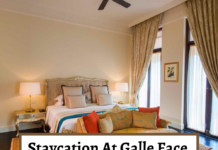Bukhara is an ancient city in Uzbekistan. It is rich in historical sites with over 140 architectural monuments. It is known as the holiest city of Central Asia. It is an architectural preserve, full of madrassas and minarets, royal fortresses. The city was founded in the 13th Century. Here are 13 Best things to do in Bukhara.
Also Read: 13 Best Things To Do In Tashkent, Uzbekistan
1. Ark of Bukhara

Ark of Bukhara is a massive fortress located in the city of Bukhara. It is a large earthen fortification which resembles a modified rectangle. It is 9.8 acres in area. The fortress is constructed around seven points as the constellation Ursa Major. It was home to the rulers of Bukhara. It is as old as Bukhara itself.
2. Kalyan Minaret

Kalyan Minaret of the Po-i-Kalyan mosque is the most prominent landmark in Uzbekistan. It was built in 1127 by Arslan Khan. It is 47m tall with 10m deep foundations. It has stood up for 9 centuries. It has 14 ornamental bands, all different. It also has the first use of glazed blue tiles.
Also Read: 13 Best Things To Do In Gokarna, Karnataka
3. Chor Minar

Chor Minar is known as Madrassah of Khalif Niyaz Kul. It is located in a lane northeast of the Lyab-i-Hauz complex. It is a part of the World Heritage Site Historic Centre of Bukhara. In Persian, the name of the monument means ‘Four Minarets’ and building indeed has four towers. The building resembles an upside down chair, thrust deep into the ground.
4. Bolo Haouz Mosque

Bolo Haouz Mosque was built in 1712, opposite to the citadel of Ark. It is inscribed in the UNESCO World Heritage Site list. The mosque consists of Minaret and a mosque itself, which are reflected on the waters of the pond(Hauz). Bolo-Hauz is translated from Uzbek as ‘Children Pool’.The brightest feature of the mosque is the decor of aivan of which columns are made from two trunks each and have stalactite capitals.
Also Read: Brihadeeswara Temple: Everything You Need To Know
5. Maghok-i-Attar
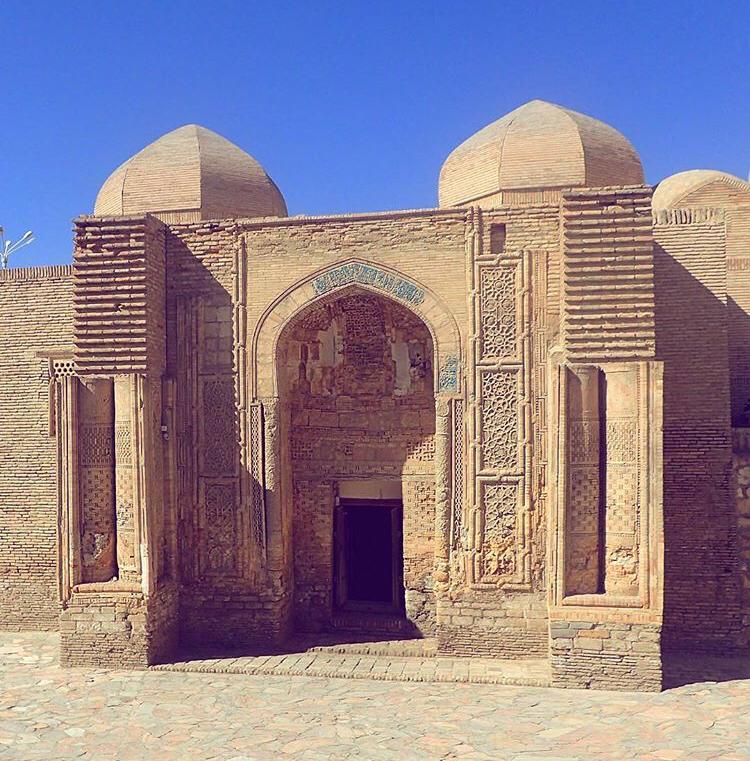
Maghoki Attar is Central Asia’s oldest surviving mosque, a lovely mishmash of the 9th-century facade and 16th-century reconstruction. The building now functions as a museum exhibiting Solor and Ersari Turkmen Carpets. It is believed to be survived by Mongols by being buried in the sand. Ornaments are made here mainly by the arrangement of cut & carved bricks and by terracotta tiles with floral motifs.
6. Lyabi Khauz
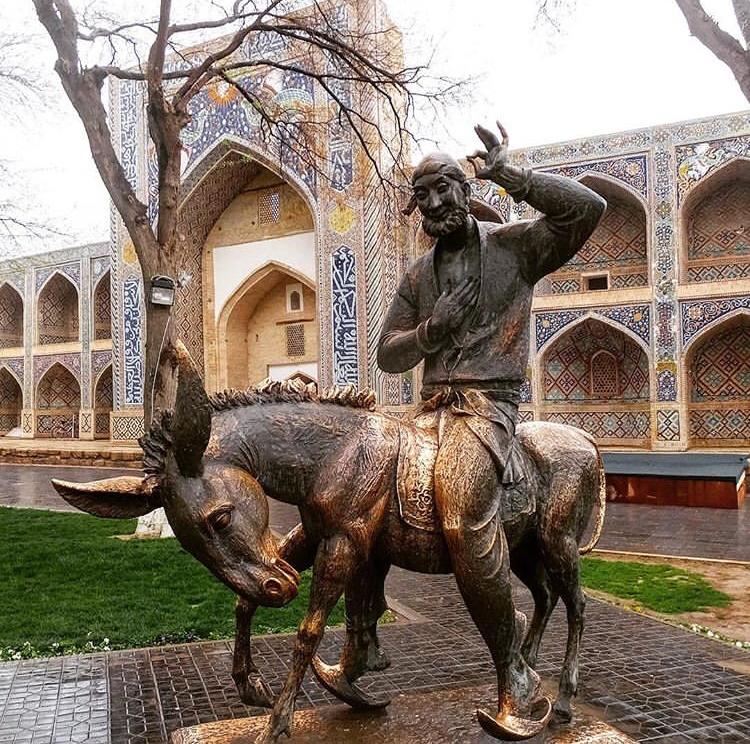
Lyabi Khauz is formed with three large monumental buildings, Kukeldash Madrasah in the North, Khanaka in the West and Nodir Divan Begi in the East. From the South, the square was closed with Trade Street. The Center of Old Bukhara large ensemble became a reservoir.
Also Read: TSG’s 13 Best Resorts & Hotels In Andaman & Nicobar Island
7. Ismail Samani Mausoleum

Ismail Samani Mausoleum is in Samani Park and made in the 10th Century. It is Bukhara’s oldest Muslim monument. It houses the remains of members of the Samanid Dynasty. It uses an ancient tradition of baked brick construction. The shrine is 35 feet with four identical designed facades, it gently slopes inward with increasing height. Due to intricate patterns with alternating horizontal and vertical elements, the mausoleum looks different at all times of the day.
8. Fayzulla Khodjaev House Museum
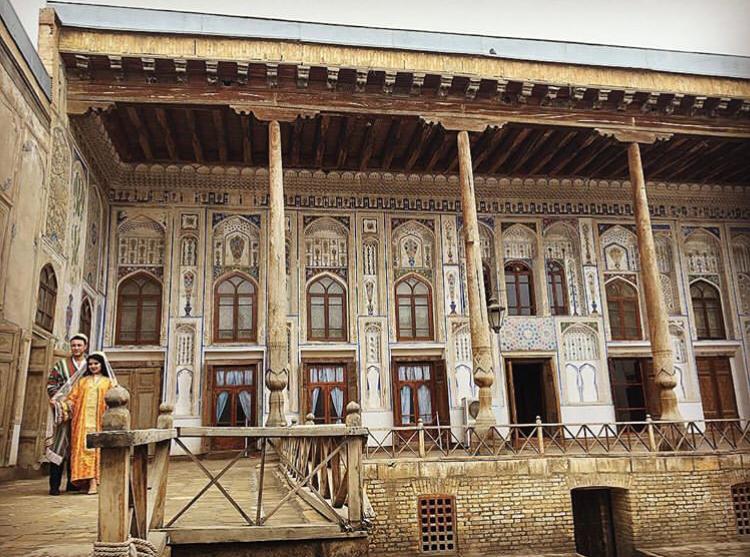
Fayzulla Khodjaev Museum is a housing complex located in Goziyon neighborhood, the old section of the city. The house belongs to Fayzulla Khojaev’s father. It is a wonderful example of 19th Century residential architecture. The area of the building is 3 hectares. The balconies, reception and living rooms of house demonstrate an example of wood carving and wall painting. It is open for visiting and has numerous things attributing to a life of Bukharans.
Also Read: 10 Best Places To Visit In Chandigarh, India
9. Nadir Divan Begi Madrasasi
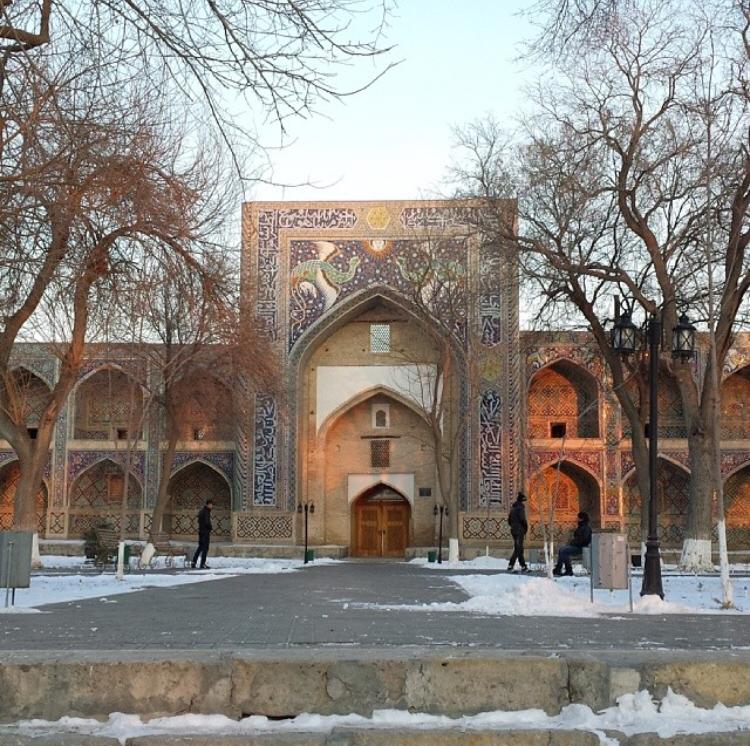
Nadir Divan-begi Madrasah is a part of an architectural complex located round well known Lyabi-Hauz in Bukhara. It is named after Vizier Nadir who served at a courtyard of Imamkuli-Khan. It was to be made for Sufi’s to reflect and rest but later converted into madrasah. It is near to Lyabi Hauz, an artificial reservoir.
10. Chashma Ayub Mausoleum
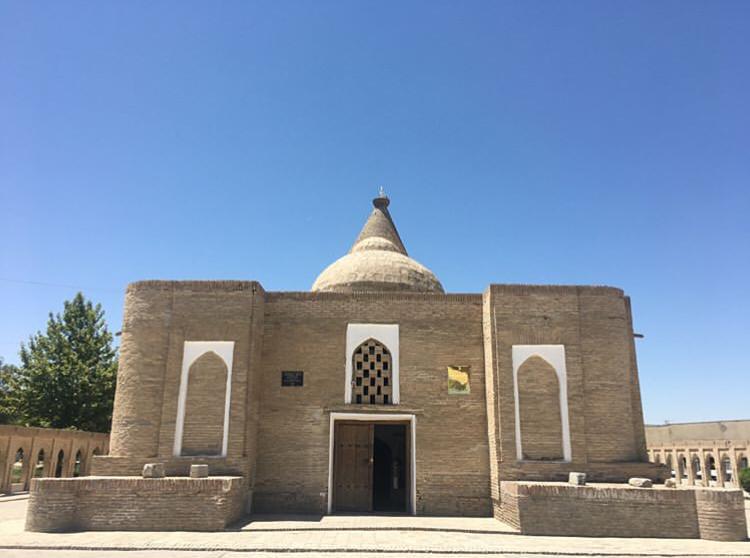
Mausoleum of Chashma Ayub is the religion building in the heart of Bukhara. It was built in the 12th Century. The building features four rooms, situated on the East-West axis. Each room is topped with a dome. It is related to an ancient legend which refers to drought in Bukhara. People prayed for a miracle and God struck the ground and water sprang up. The spring saved people and hence is called Chashma Ayub, the spring of Holy Ayub.
Also Read: 16 Best Things To Do In Phuket, Thailand
11. Mir-i-Arab Madrasah

Mir-i-Arab Madrasah has two big blue domes, towers above the surrounding buildings in the Center of Bukhara. Its construction is of 16th Century. It is an institution where future Imams and religious mentors receive their education. It has a square yard, surrounded with two floors of cells, two big domed halls in corners. It has different stone mosaics of exquisite work with geometric, vegetative and calligraphic writings and patterns. The grand facade makes visitors admire its beauty.
12. The Trading Domes

Bukhara is famous for its trading domes stretching procession from Lyabi Khauz to Miri Arab Madrasah. In the 16th Century, it was located on the Great Silk Road. Toki Sarrafon Trading Dome was previously currency exchange center of Central Asia but now has carpets, kerchiefs, and souvenirs. Telpak Furushon Trading Dome has a hexagonal orientation. The Tim Abdullakhan Trading Dome is along the street and sells carpets & fabrics. Toki Zargaron Trading Dome is famous for jewelry and largest dome.
Also Read: Krabi Or Phuket: Where Should You Go?
13. Chor Bakr Necropolis
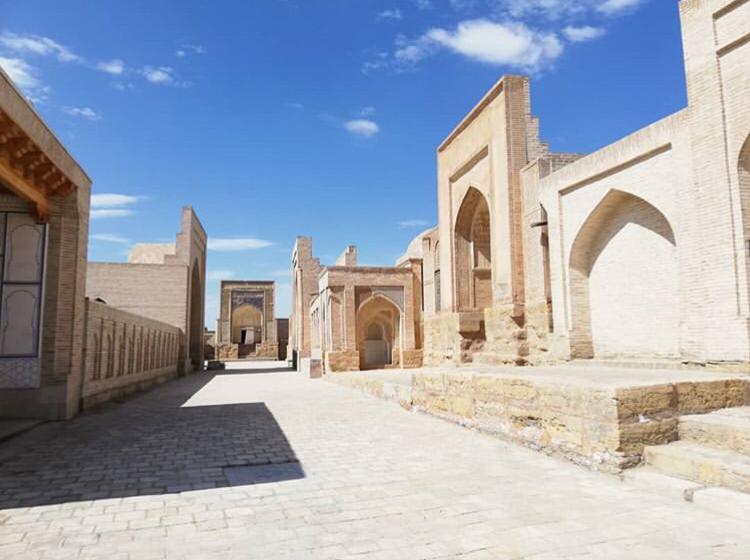
Chor Bakr is a memorial complex built over the burial place of Abu-Bakr-Said who was one of the four descendants of Muhammad. It has family tombs. It is listed in UNESCO World Heritage. It has richly decorated poly chromatic tiles. It has a burial place, marble gravestone, and epigraphic inscriptions. Vegetative and geometric ornaments are also installed here.


